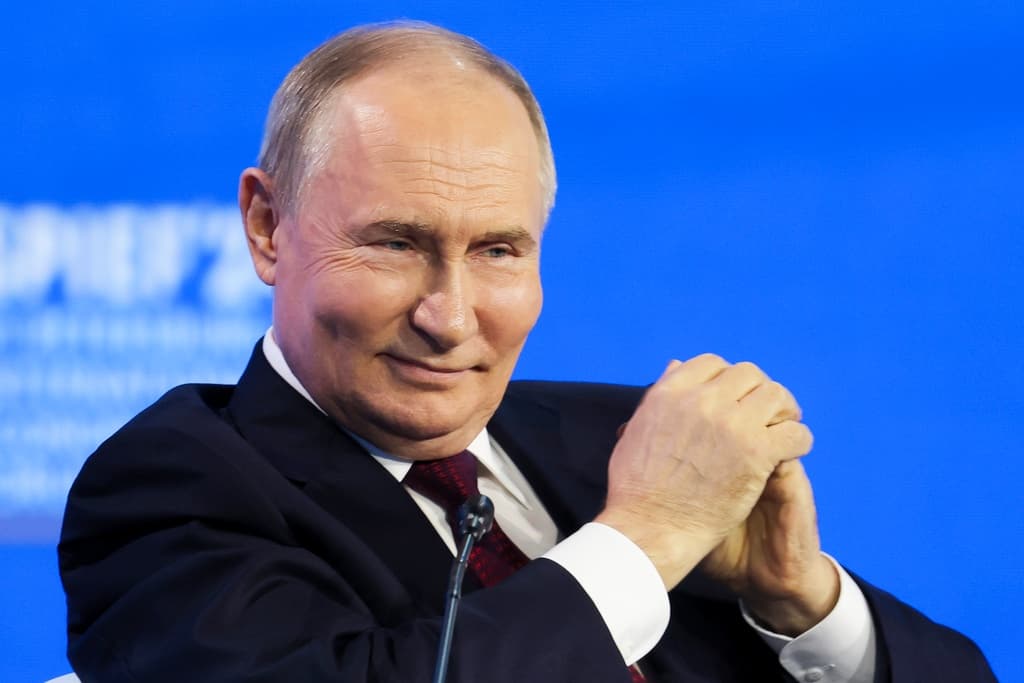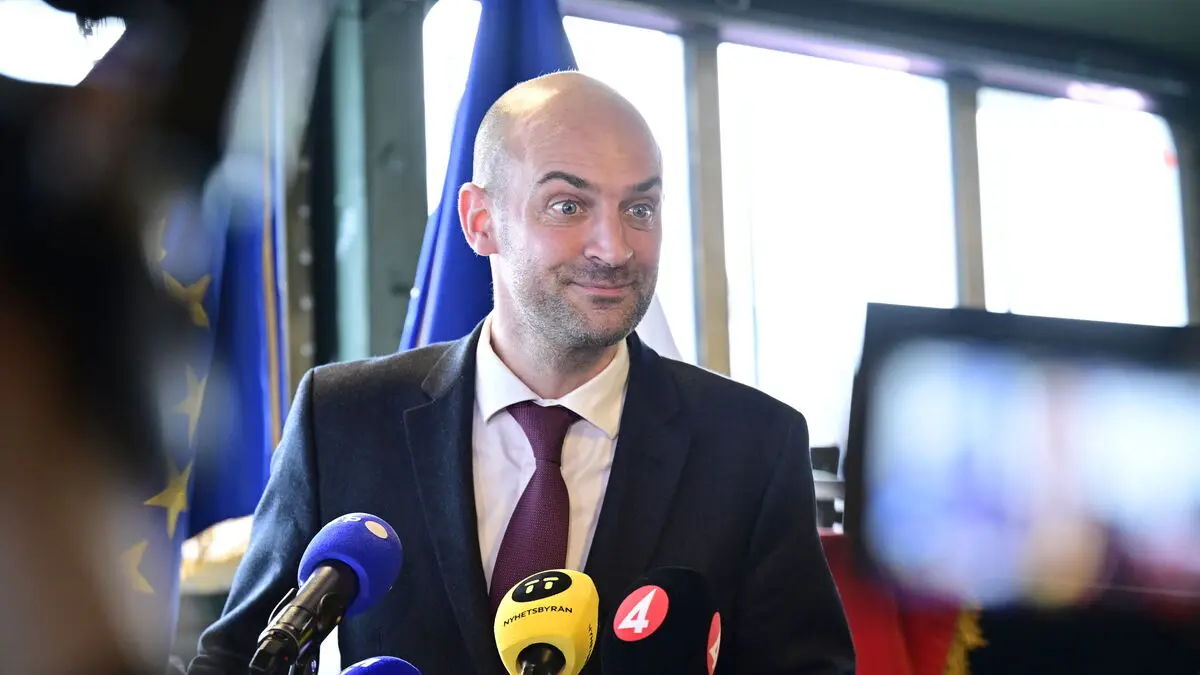The EU's far-right is growing – and with it, the pro-Russian winds are increasing in the corridors of the parliament.
The election result is feared to undermine support for Ukraine and the sanctions against Russia.
The Russian power hub, the Kremlin, is "closely watching" the far-right's successes in France and Europe, says spokesperson Dmitrij Peskov after the election. The right flank is hot on the heels of the pro-Ukrainian parties, he notes according to AFP.
For President Vladimir Putin, this could be good news.
In France, where nationalist Marine Le Pen's National Rally (RN) is crushing President Emmanuel Macron's liberal LREM, the far-right's advance is marked.
Le Pen has long been an outspoken friend of Russia. She defended the annexation of Crimea in 2014 and has loudly criticised the EU's sanctions against Russia. Le Pen has questioned the arms deliveries to Ukraine and has also had unpaid multi-million loans from Russia, since she borrowed Russian money for previous election campaigns. Lately, however, she has publicly distanced her party from Moscow.
In Germany, the far-right Alternative for Germany (AFD) surged to second place in the European Championship election. AFD has been involved in several Russia-related scandals. Many have ties to top candidate Maximilian Krah, whose controversies recently got AFD kicked out of the EU Parliament's party group ID. After the election, AFD announced that Krah, who has been accused of links to both Russia and China, is excluded from the party's EU delegation.
AFD's members have voted no or abstained in almost all Russia-critical votes in the EU Parliament over the past five years, notes Politico.
In Hungary, Prime Minister Viktor Orbán's party Fidesz did indeed back down, but remains the largest in the country. Hungary's stance towards Russia and Orbán's contacts with Moscow have sparked anger in many EU countries. The country has not sent weapons to Ukraine and has maintained close ties with Moscow after the full-scale invasion of Ukraine in 2022.
In neighbouring Austria, the far-right Freedom Party (FPÖ) becomes the largest party in an EU election for the first time. Party leader Herbert Kickl is clear that he wants to lift the sanctions against Russia and stop all support to Ukraine.
FPÖ has long-standing friendly ties to Putin's ruling party United Russia. During the annexation of Crimea in 2014, the FPÖ leadership sided with Russia and opposed EU sanctions. When Ukraine's President Volodymyr Zelensky appeared digitally in the country's parliament last year, a long row of FPÖ MPs left the chamber.
Pro-Russian, far-right forces are also gaining ground in, among others, Bulgaria and Poland.
Several more or less openly Russia-friendly parties made progress in the European Championship election. Here's a selection:
French National Rally (RN) gets 30 seats – 12 of which are new.
Alternative for Germany (AFD) gets to send 15 members to the European Parliament, six of which are new.
Hungarian Fidesz gets to send 11 representatives to the European Parliament – two fewer than in the previous European Championship election.
Austrian Freedom Party (FPÖ) gets six seats, three more than in the 2019 election.
Bulgarian Vazrazhdane gets to send three representatives to the European Parliament for the first time.






